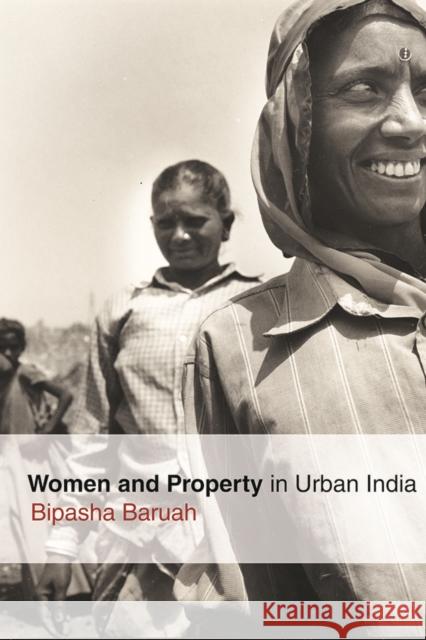Women and Property in Urban India » książka
Women and Property in Urban India
ISBN-13: 9780774819282 / Angielski / Miękka / 2011 / 258 str.
Women and Property in Urban India
ISBN-13: 9780774819282 / Angielski / Miękka / 2011 / 258 str.
(netto: 139,89 VAT: 5%)
Najniższa cena z 30 dni: 145,09
ok. 30 dni roboczych.
Darmowa dostawa!
Half the world's population now lives in cities. Although sheltering the urban poor is a priority for governments, NGOs, and international development agencies, few studies or initiatives focus on women's needs. In Women and Property in Urban India, Bipasha Baruah draws on research conducted in Ahmedabad in collaboration with the Self-Employed Women's Association (SEWA) to map the constraints and opportunities that low-income women throughout the Global South face in securing property, which remains overwhelmingly in male hands. These women's experiences and vulnerabilities open a window to assess not only the patriarchal underpinnings of land tenure and property laws but also theoretical approaches to gender and development. Although the development community holds out microcredit financing as a potential solution to address gender inequalities as well as the housing needs of low-income families, Baruah cautions that it has glaring limitations when applied to women. Whereas most books on gender and development focus on issues such as barriers to women's equal access to wages, education, and political participation, this book highlights the importance of property as a material and symbolic asset in women's empowerment.











